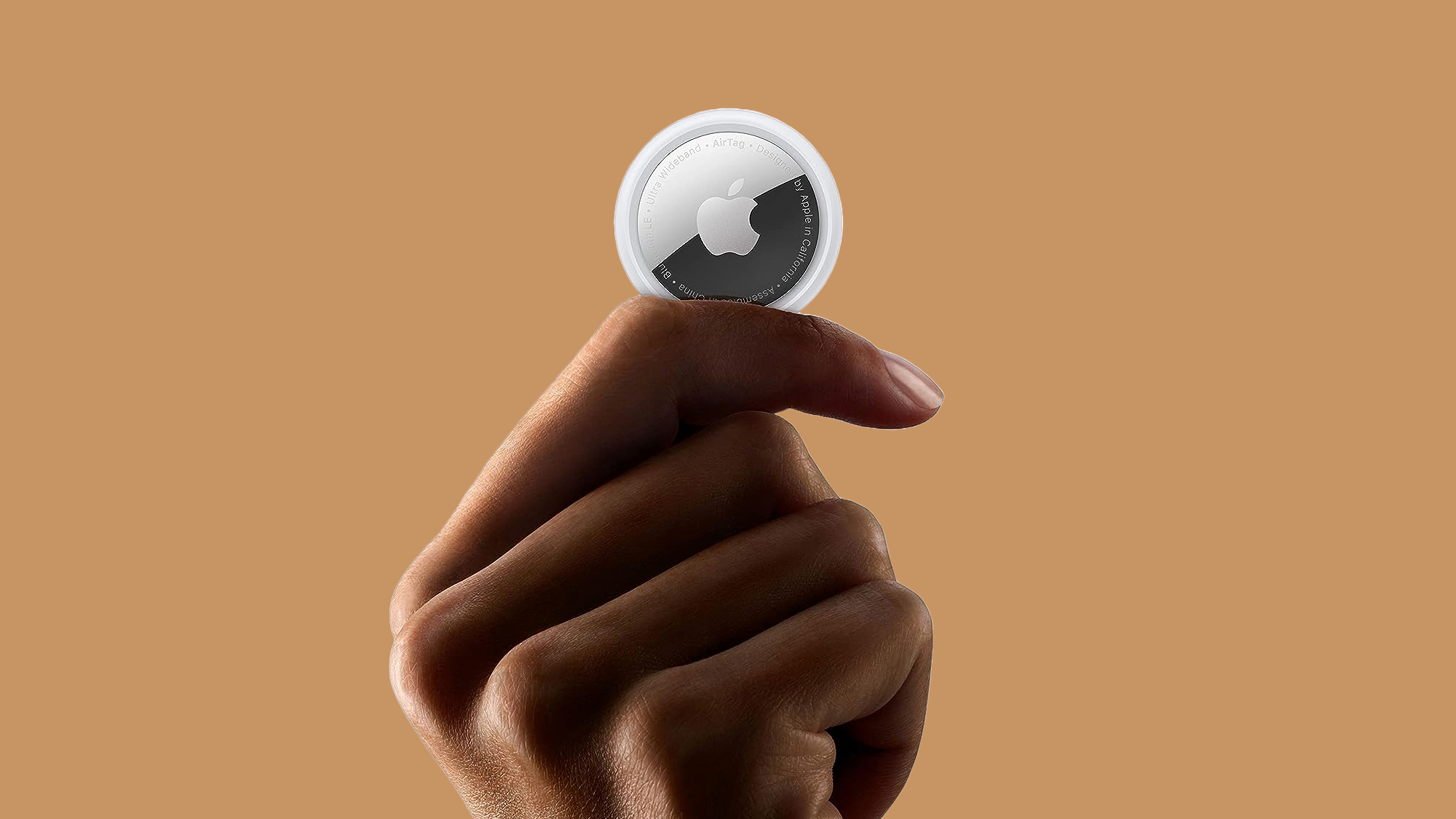Click here to visit Original posting
There's a good chance that you rely on Bluetooth more than you realize, even if you might take the wireless communication protocol for granted – and Bluetooth 6.0 is now official, bringing with it a variety of significant new improvements.
The official announcement from the Bluetooth Special Interest Group (SIG), which includes the likes of Intel, Apple, and Google as members, highlights some of the upgrades we can look forward to once Bluetooth 6.0 devices start appearing.
There's a lot of emphasis on improving filtering and efficiency, so that Bluetooth devices are only communicating with each other when they need to, and not transmitting any redundant data. That in turn should lessen the demands on device battery life.
More efficient transmissions should mean faster transfer speeds too, even though the core Bluetooth speed hasn't changed. Potentially, it means devices such as the best fitness trackers should be syncing and updating more quickly than before.
Sounding off

The most notable new feature in the Bluetooth 6.0 spec is called Channel Sounding, and it means two Bluetooth 6.0 devices will be able to better identify the distance between them, across a wide area and down to a single centimeter (about 0.4 inches).
That means the 'find my device' services run by Apple, Samsung, Google, Tile and others should become more accurate and sensitive, across a wider range of gadgets. The improved wireless tech could also help with tasks like unlocking cars and smart locks.
Apple's Find My service currently uses ultra-wideband (UWB) technology to locate certain devices, including AirTags and the newest iPhones, to a high level of accuracy – but Bluetooth 6.0 will expand this to a much bigger range of hardware.
As yet there's no word on when Bluetooth 6.0 will appear in devices, as it's up to device makers such as Apple and Samsung to work on incorporating the standard into their hardware.